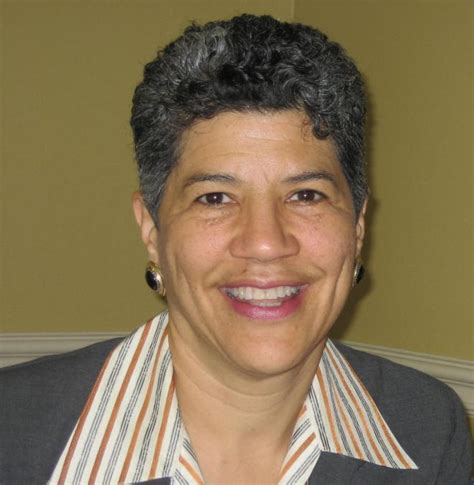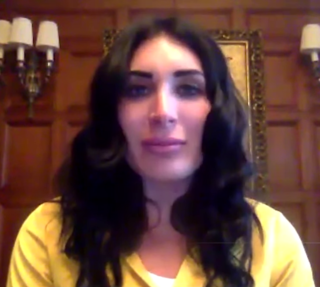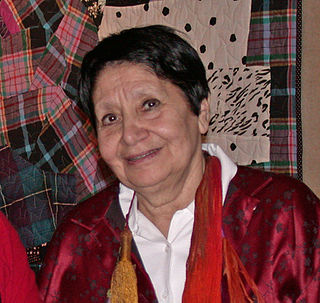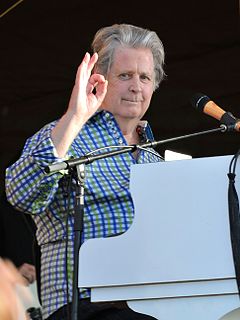A Quote by Cynthia Ozick
I don't like to read contemporary fiction while writing - I need a sense of isolation, a kind of silence, and I don't want a jumble of other people's voices or visions getting in my way. Nineteenth-century voices don't create static in that silence.
Related Quotes
I now understand what Nelle Morton meant when she said that one of the great tasks in our time is to "hear people to speech." Behind their fearful silence, our students want to find their voices, speak their voices, have their voices heard. A good teacher is one who can listen to those voices even before they are spoken-so that someday they can speak with truth and confidence.
Most of what I read is for reviewing purposes or related to something I want to write about. It's slightly utilitarian. I definitely miss that sense of being a disinterested reader who's reading purely for the pleasure of imagining his way into emotional situations and vividly realized scenes in nineteenth-century France or late nineteenth-century Russia.
Sometimes I need silence; sometimes I need voices around - but not too loud or distinctive. I guess it depends on the piece in question, what stage I'm in. I think some voices can help me not to try too hard - especially at the beginning stages. Does that make sense? By some voice I mean, low chatter in the room. When there's low chatter in the room, I'm a little more relaxed, my mind might be a little more open.
It was a spring without voices. On the mornings that had once throbbed with the dawn chorus of robins, catbirds, doves, jays, wrens, and scores of other bird voices there was now no sound; only silence lay over the fields and woods and marsh... Even the streams were now lifeless... No witchcraft, no enemy action had silenced the rebirth of new life in this stricken world. The people had done it themselves.
I have often said that domestic violence is characterised by silence: of the abused, of the abuser and of those who don't know how to intervene. But the media have the ability to break this corrosive silence: bringing us the voices of victims; shattering the taboo; and raising awareness of what we can all do to stop this heinous crime.







































